Michele Bozzano

Michele Bozzano is the Head of the Mediterranean Facility (EFIMED) and the Genetic Resources Facility (EFIGEN). Michele has a PhD in forest landscape restoration and a Master’s degree in Forestry. He has been coordinating the European Forest Genetic Resources Programme (EUFORGEN) since 2015. Michele has overseen the development of technical and scientific publications, strategies and reports, related to forests, forest resources and forestry at European and global levels and has been responsible for science-policy dialogue. Recently he was also the Project Coordinator of the Horizon 2020 project, GenRes Bridge.
Almotaz Abadi
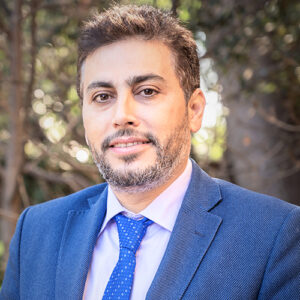
Almotaz Abadi is the UfM Deputy Secretary General in charge of Water, Environment and Blue Economy since September 2022.
He was UfM Acting Deputy Secretary General for the same division between September 2015-August 2016. Moreover, Abadi has held the Water Managing Director position at the UfM, leading initiatives on the water political process in the Mediterranean, including a Ministerial Declaration and approving a regional water strategy, linking resource efficiency with bolstering investment and financing for the services sectors, including water and renewable energy.
Before the UfM, he was the director of the Aid Coordination & Management Unit with the donor community and the Government of Palestine in the water and related sectors. Also, he had a main role in the EXACT program, led by the State Department and coalition of Donors to enhance the socio-economic aspects, and helping build just and equal opportunities with the framework of the MEPP.
Abadi is an international and regional cooperation expert, engineering by training and accredited diplomat by experience. He developed his career during the last 20 years working with international donor agencies, international and regional organizations as well as policy advisers to governments in the region.
He holds a master’s degree in Water Resources Management and one in Governance, as well as a postgraduate in leadership and multilateral cooperation on resources and cross border arrangements. Regarding informal activities with civil society, Abadi was part of groups that established the Green Buidling Council in Palestine, the Middle East Water Forum. He is also Alumni to International Visitor Leadership Program (IVLP) of the US and Active member of the Pugwash group.
Magda Bou Dagher Kharrat
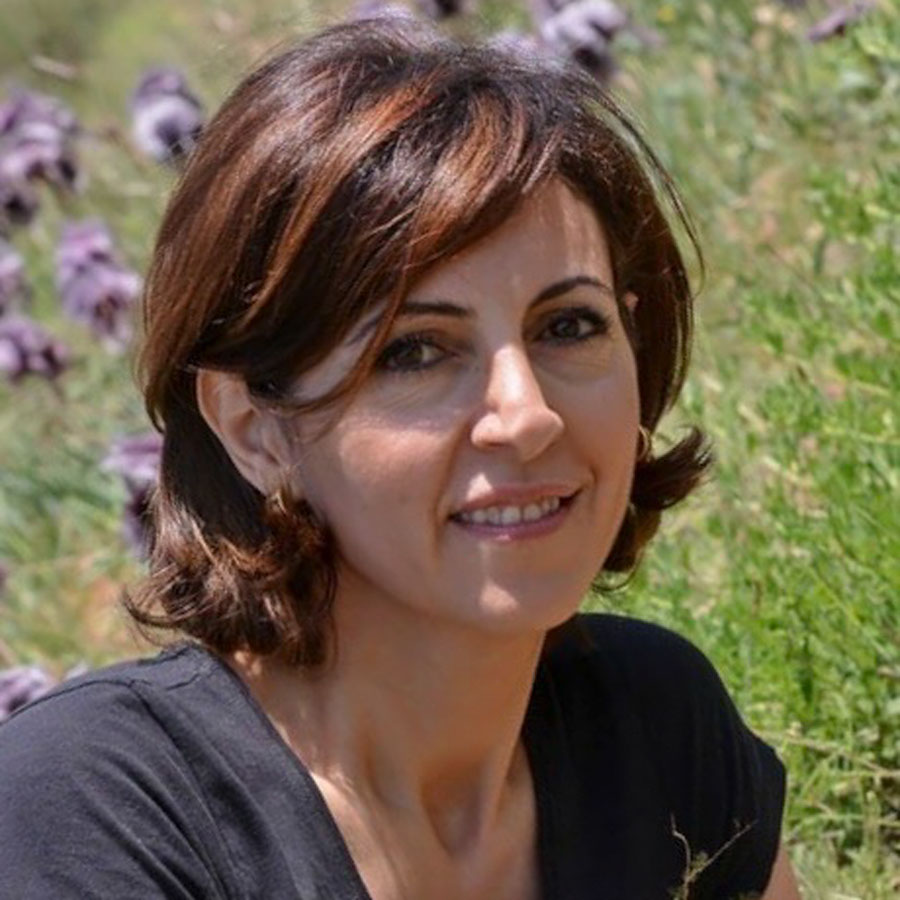
Magda Bou Dagher Kharrat is a principal scientist at the Mediterranean Facility of the European Forest Institute. Before joining EFI in 2022, Magda started her career at Saint Joseph University of Beirut. As full professor, she chaired the Life and Earth Science Department and was the director of the Laboratory of Biodiversity and Functional Genomics. She also co-founded and managed an NGO versed in forest ecosystem restoration.
Magda holds a PhD degree in Plant genetics from La Sorbonne University-Paris.
She is a National Geographic explorer since 2019. Her main research interests are in the fields of conservation and valorisation of Mediterranean Natural and cultural heritages and Mediterranean forests resilience.
Bart Muys
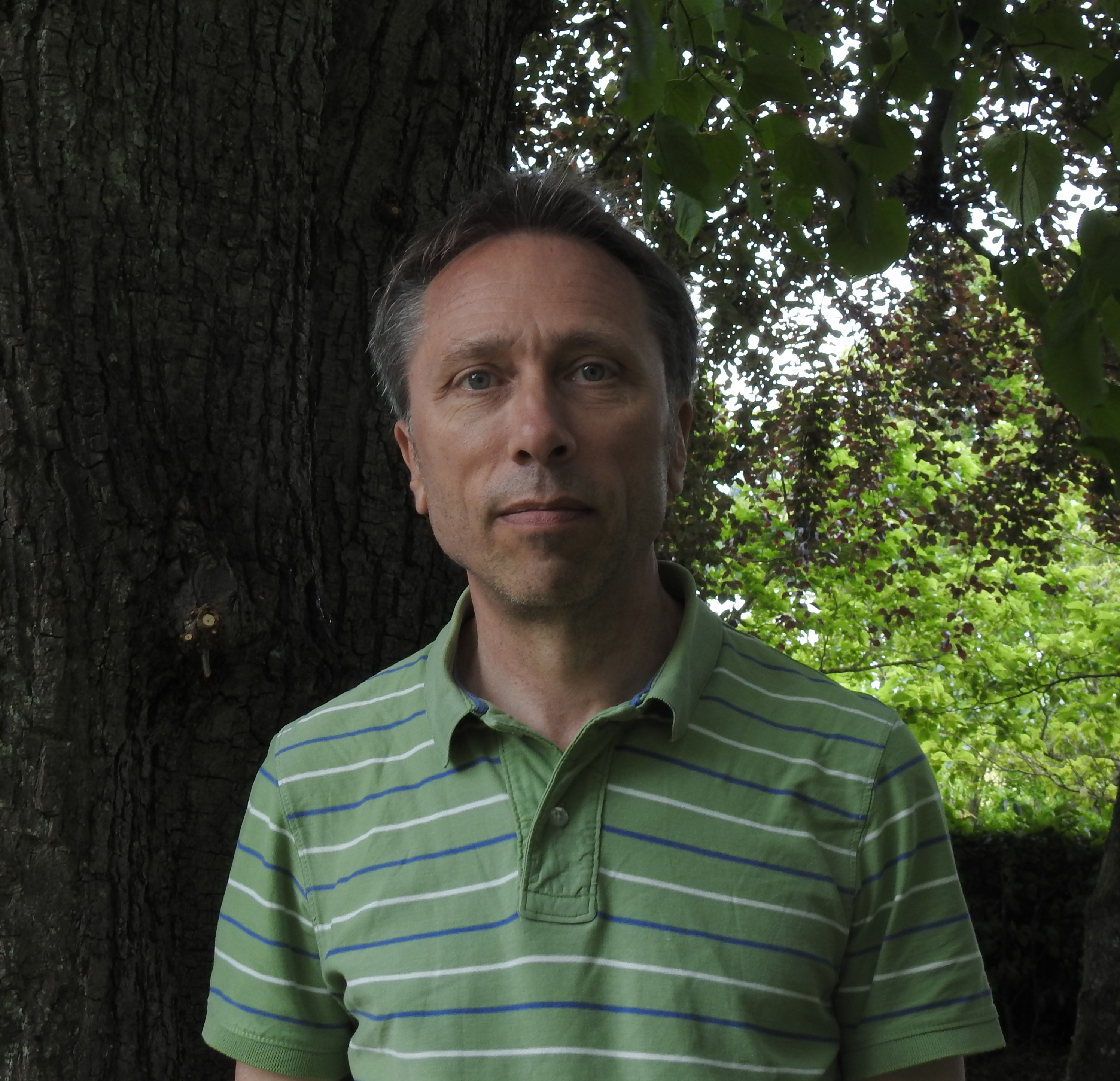
Bart Muys is a professor of forest ecology and management at KU Leuven (Belgium). His research focuses on the role of tree diversity for forest ecosystem functioning under climate change, on restoration ecology of dry forests, and on sustainability evaluation of forests and bioenergy systems.
At KU Leuven he is teaching forest ecology, silviculture, biodiversity & ecosystem services, and planning for forest and nature management. He is supervisor of 47 graduated and 15 ongoing PhDs. Several of the papers he co-authored have been highly cited, and in 2021 he featured in Reuters’ hot list of most influential climate scientists. He contributed to several science to policy reports of EFI addressing and linking biodiversity, climate mitigation, water and bioenergy issues. Being an earthworm expert and botany aficionado, he advocates an improved biodiversity literacy among forest professionals and public.
Bart Muys holds a master degree in agricultural engineering (forestry) and a PhD in forest ecology from the university of Ghent.
Carmen Rodríguez Fernández-Blanco
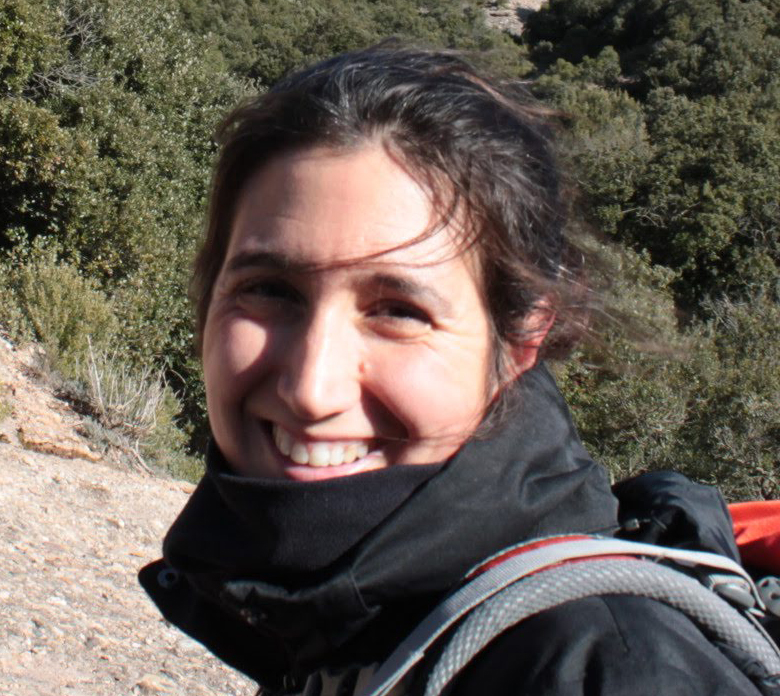
Carmen Rodríguez Fernández-Blanco is a Junior Researcher at the European Forest Institute (EFI). She is currently an Early Stage Researcher (ESR) with the MSCA-ITN Pyrolife and a PhD candidate at KU Leuven. The focus of her PhD thesis is on social innovation for wildfire-resilient territories in the Mediterranean. She is also affiliated with the Forest Science and Technology Centre of Catalonia (CTFC). Her experience is mainly linked to qualitative research in the Mediterranean, which she has applied to different knowledge areas such as international forest policy, non-timber forest products, socio-ecological systems, wildfire resilience, social innovation and circular bioeconomy. She has worked with different methodologies such as in-depth interviews, content analysis, focus groups, and innovation action implementation. Before Pyrolife, she has been part of other European projects such as SIMRA (H2020), SPONFOREST (Biodiversa), and StarTree (FP7).
Caroline Harvey
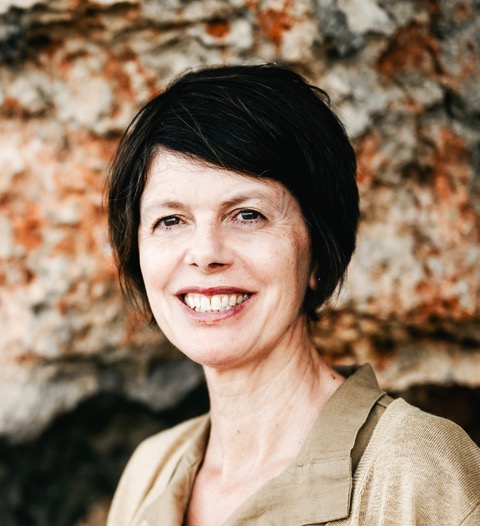
With more than 12 years’ experience working in corporate communications in a multicultural environment, Caroline helps leaders speak with natural presence, and confidently drive change. In her work as a public speaking coach, she combines her business experience with performing arts techniques to spark connection, engagement and transformation. Originally from Wales in the UK, she has lived and worked in diverse countries, from Europe to Japan - and back. She is currently based in Barcelona.
Cecilia Fraccaroli
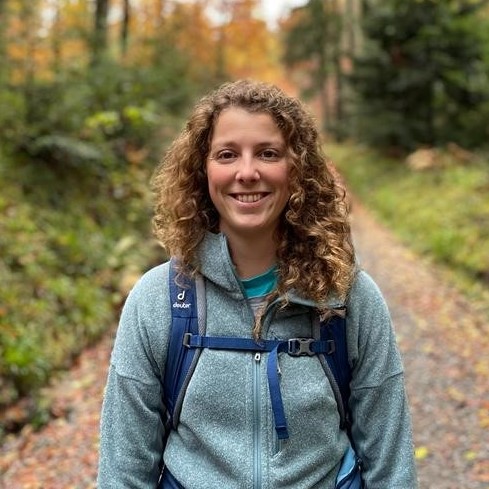
Cecilia Fraccaroli is a forest economist studying economic incentives for sustainable natural resources management. She is a Junior Researcher at the European Forest Institute since 2020, currently doing her PhD in “economic incentives for ecosystem services provision in European Forests” at the University of Bonn. She has a bachelor’s in economics from the University of Trento and a MSc in Forest management from the University of Copenhagen. Her research focused on a wide range of topics, from forest resilience, incentives for fire risk mitigation, agri-environmental schemes, forest genetic resources policy, to green care market. She has growing experience with surveys and interviews, and used various qualitative and quantitative methods (including thematic analysis, Delphi studies, literature review, Theory of Change, and cost-effectiveness).
Cristina Quintas Soriano
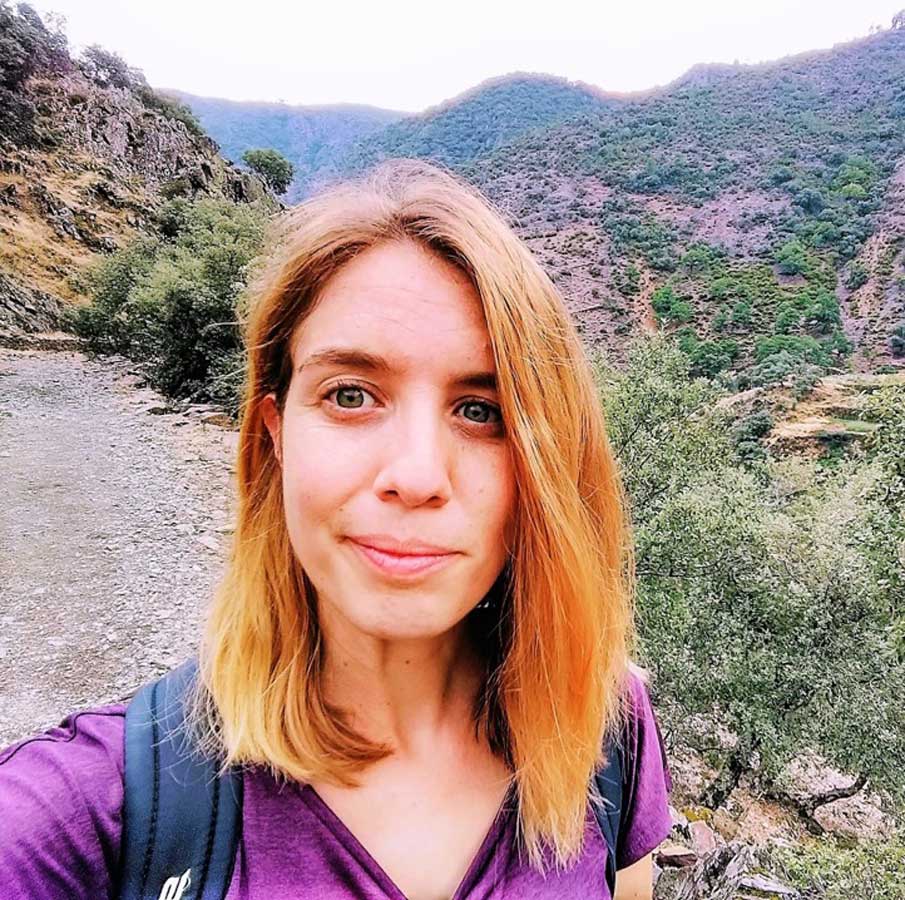
Dr. Cristina Quintas Soriano is interested in the study of the links between ecosystems and people, especially in how people value and interact with nature and how we can improve the management of traditional landscapes to improve sustainability and local welfare. She has a master degree on Global Change Monitoring and Assessment and a PhD in an Environmental and Applied Sciences. She is currently a Marie Curie researcher at the University of Almeria where she leads as PI of the SCALABLE project "Social-ecological pathways and gender perspectives for future conservation of biocultural mountain agroecosystems". Recently, she has obtained the EMERGIA Senior Postdoctoral Fellowship from the Junta de Andalucía, which will finance during the next 4 years the BioDIV project "Fostering social-ecological resilience to preserve biocultural diversity in rural Spain". She has co-authored more than 50 publications, including 1 book, 6 book chapters and 38 articles in peer-reviewed journals. She has presented her research at more than 50 scientific conferences and has been invited as a keynote speaker at 1 conference. She has collaborated in 10 national and international competitive R&D&I projects and in 3 research contracts with environmental companies, having received external funding for a total of 430,000€.
Elena Gorriz
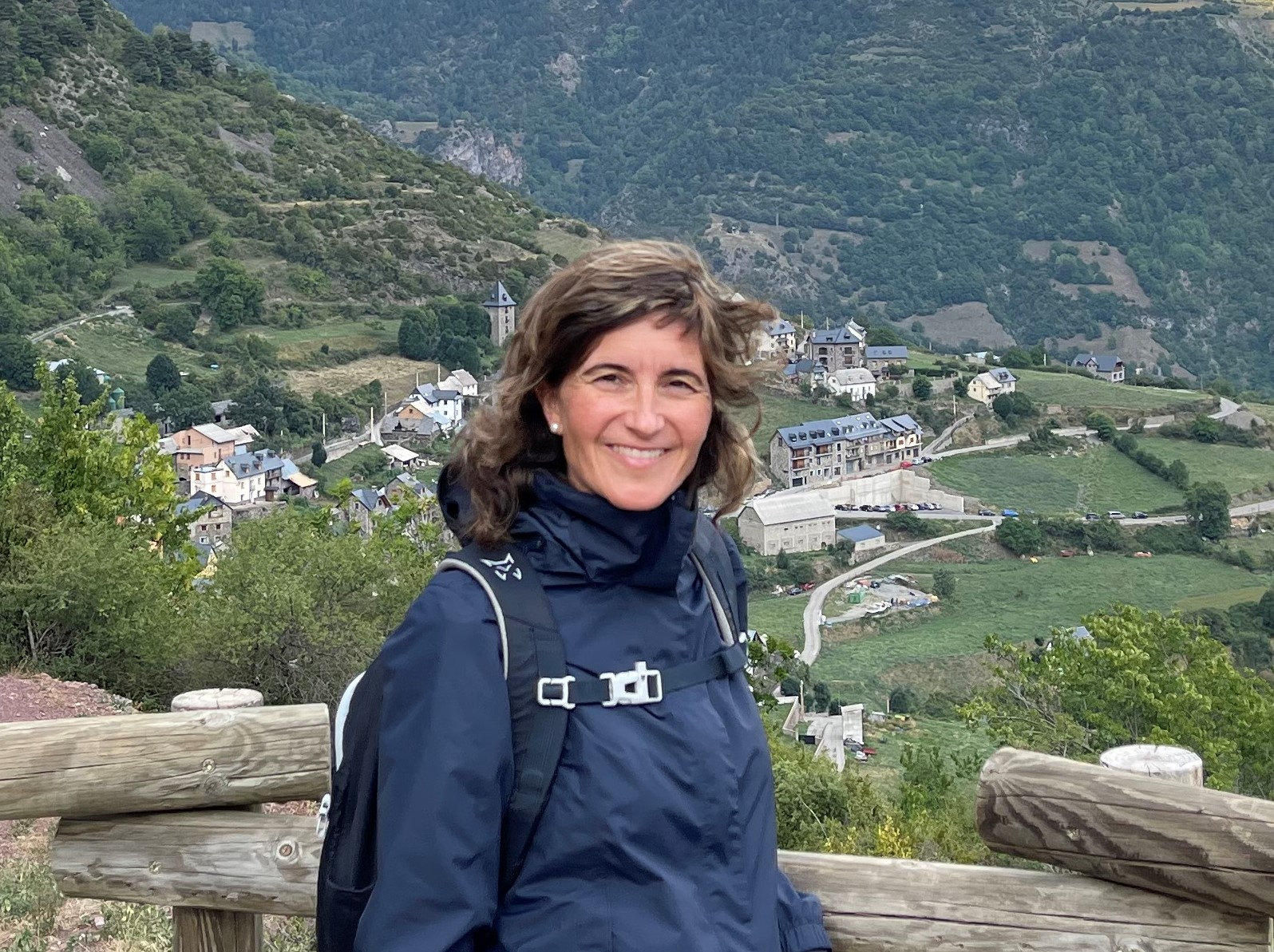
Elena’s background is on forest governance (PhD), economics (MSc) and forestry (MSc). She is a senior researcher in forest policy and socio-economics at the CTFC (Forest Science and Technology Center of Catalonia), where she is working in national and European projects. Her research revolves around the dynamics of society using forest resources and rural spaces, focusing on providers’ and citizens’ behavior towards ecosystem services for the development of efficient policy instruments (including Payment for Ecosystem Services, and cooperative approaches). She has investigated around non-wood forest products governance and value chains, rural social innovations tackling land abandonment, economic incentives for reducing wildfire risk, or the demand and supply of Mediterranean forest ecosystem services i.a. Elena previously worked for EFIMED as well.
Elsa Varela
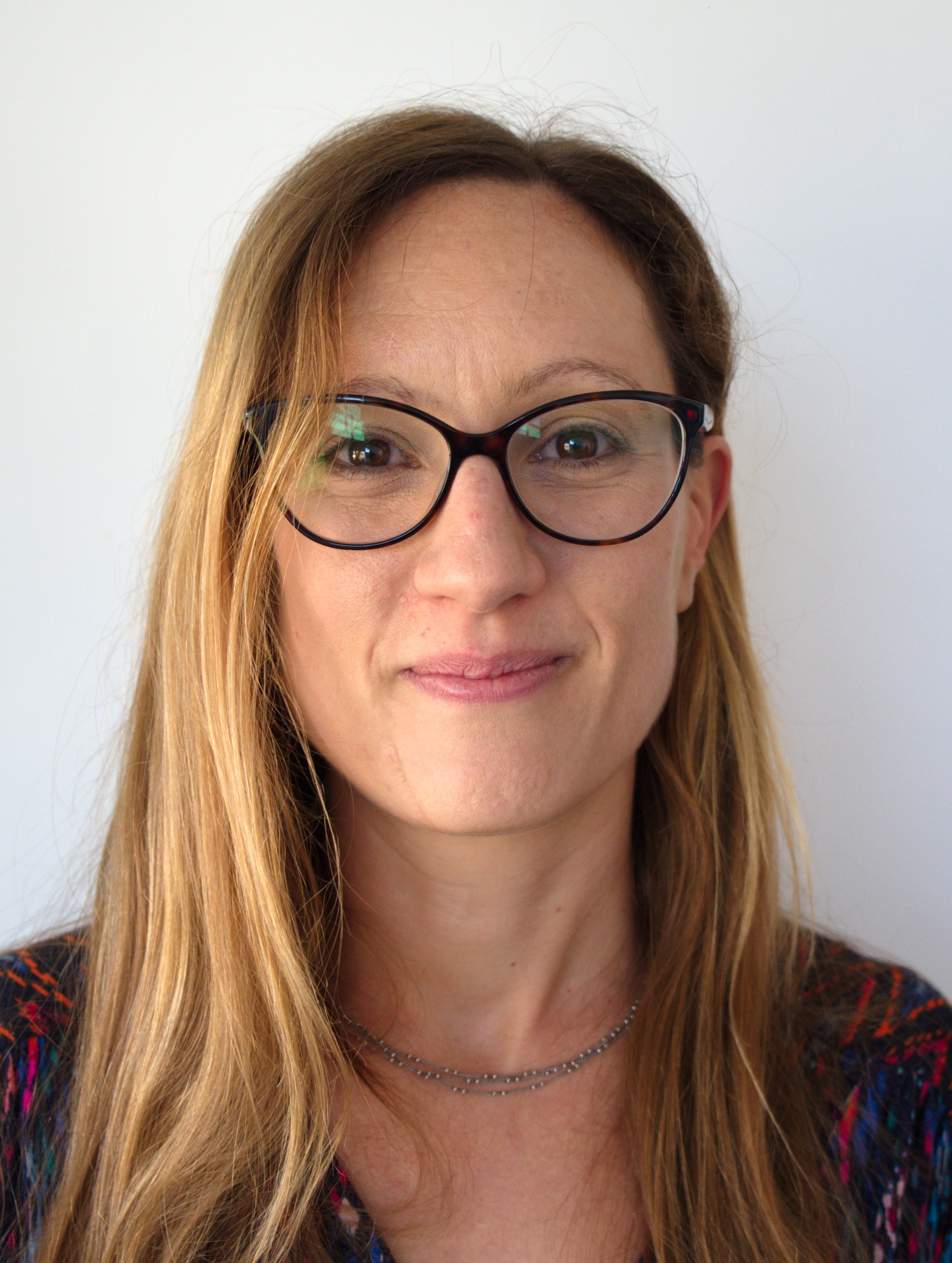
Elsa Varela is a forester by training holding an MsC on Agroecology (university of Cordoba) and a PhD in Sustainable Forest Management (university of Valladolid). Elsa Varela has worked as young researcher at EFIMED and the Forest Science and Technology Centre of Catalonia (CTFC). As a postdoc she has worked at the Catalan Institute of Agrifood Research and Technology (IRTA) and at CTFC. Currently, she is a senior Alexander von Humboldt research fellow at the University of Göttingen (Germany) and associate researcher at EFI.
The overall goal of her research is to further the understanding of human-nature (social-ecological) relationships to promote sustainable and wildfire-resilient landscapes where biodiversity conservation and ecosystem services (ES) provision are maximized. This implies a behavioural change (whether of farmers, forest owners, consumers or policy makers). Her research relies on a multimethodological toolbox ranging from case studies, economic valuation surveys, semi-structured interviews, expert-based panels, or deliberative methods incorporating ecological data and an interdisciplinary approach to place the identification of socially meaningful outcomes at the core of the research process.
Giulio Marchi
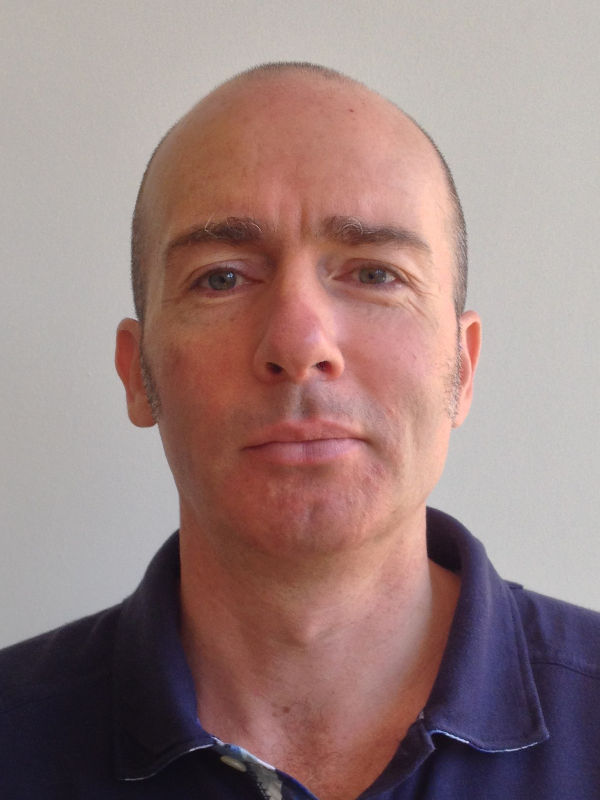
Giulio Marchi is a Geospatial Specialist in FAO with background in remote sensing for natural resources evaluation. He has been working in FAO headquarters and field offices for almost twenty years in geospatial information management and publishing, with a parenthesis at the JRC of the European Commission as spatial data analyst and experiences in the US Geological Survey and Italian research institutions. Former expert of commercial geospatial products, he is now a supporter of free and open source solutions; since the early stages he is in the team developing Collect Earth and Earth Map from FAO (openforis.org) to ease land monitoring through remote sensing.
Guillem Canaleta
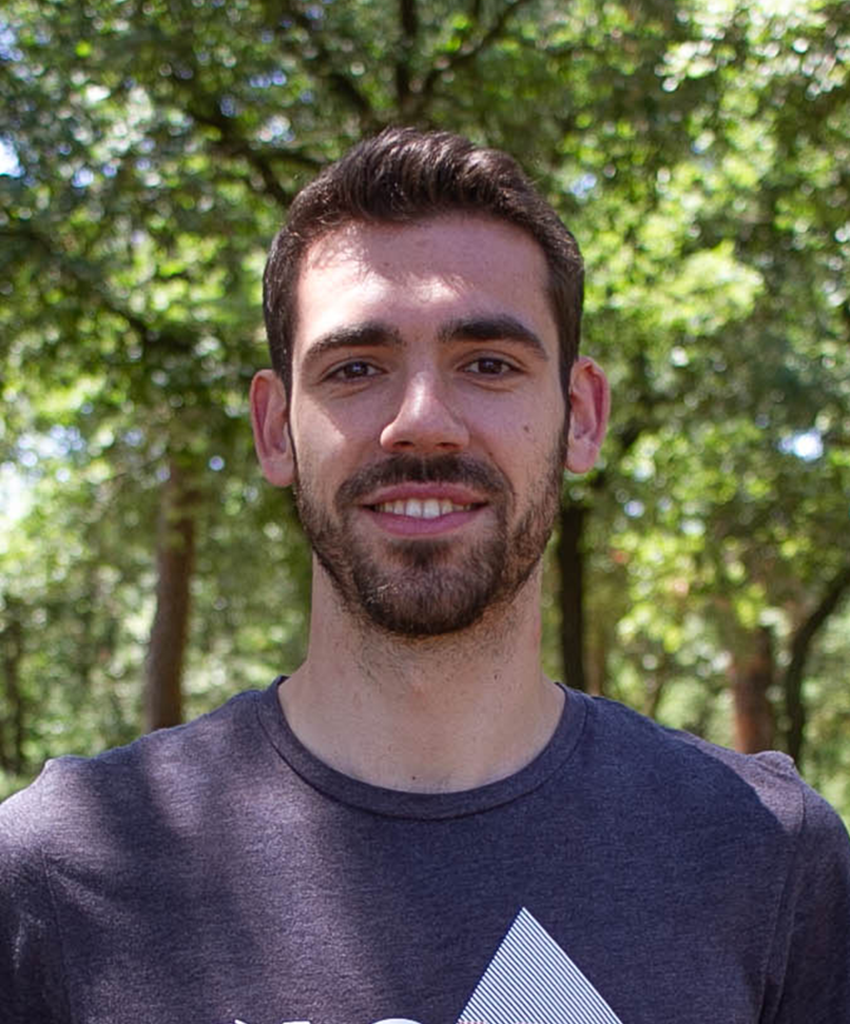
Guillem has a BSc in Environmental Sciences (Universitat de Girona), and MSc in Analysis and Management of Global Environmental Change.
Guillem is responsible for coordinating and implementing projects and initiatives related to fire risk management at local and landscape scale, always in coordination with the main actors of each territory and seeking to integrate the different visions. He also collaborates in European projects (Horizon, Interreg, ERASMUS+).
Helga Pülzl
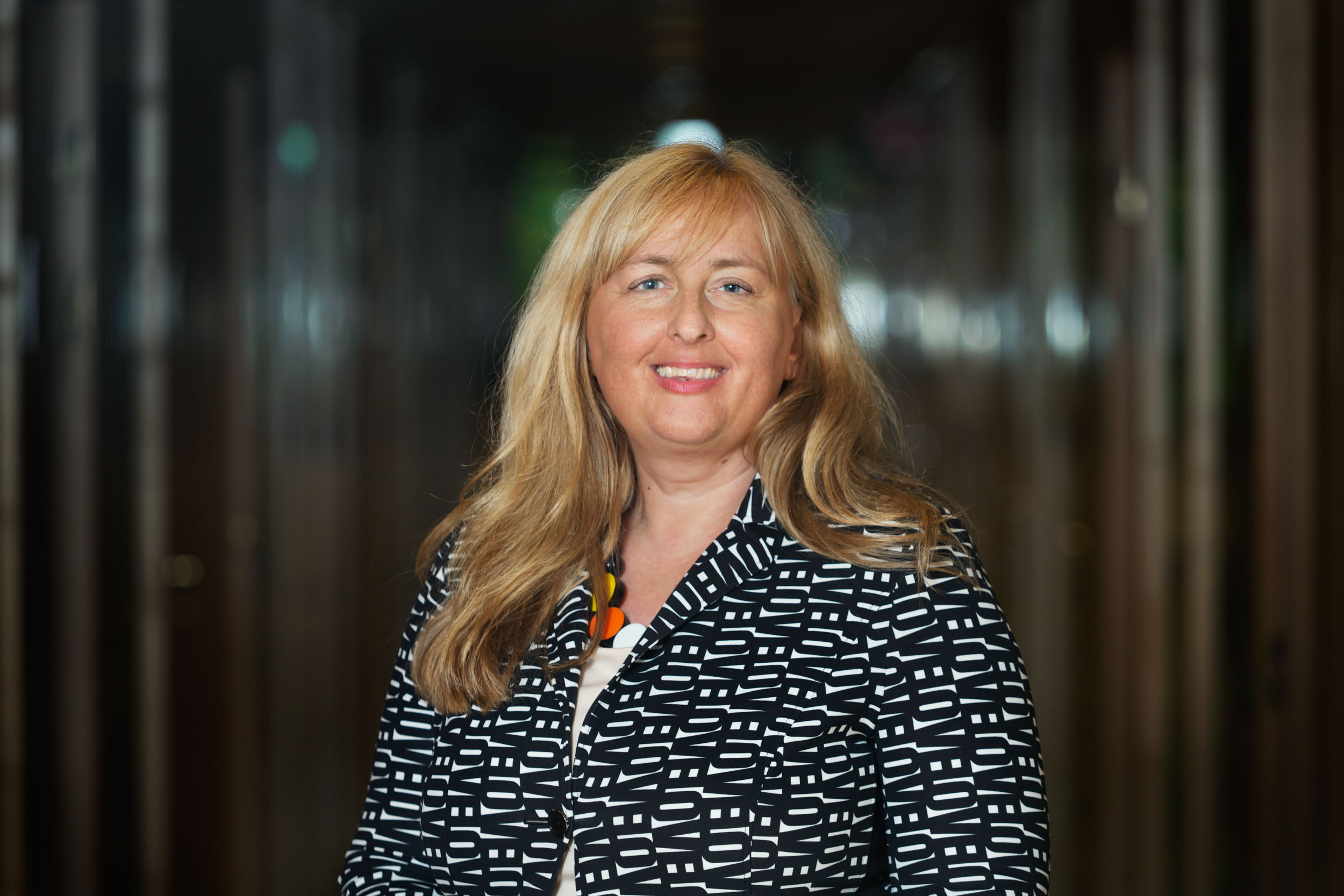
Helga Pülzl is Assistant Director for Policy Support of the European Forest Institute and responsible for the Policy Support Facility and its Trust Fund. Her main research interests are in European and international forest governance and policy change, bioeconomy perceptions and sustainability indicators development. She coordinates the IUFRO Working Party 9.05.01 on bioeconomy policy and holds a Phd and master’s degree in political science from the University of Vienna.
Huw James
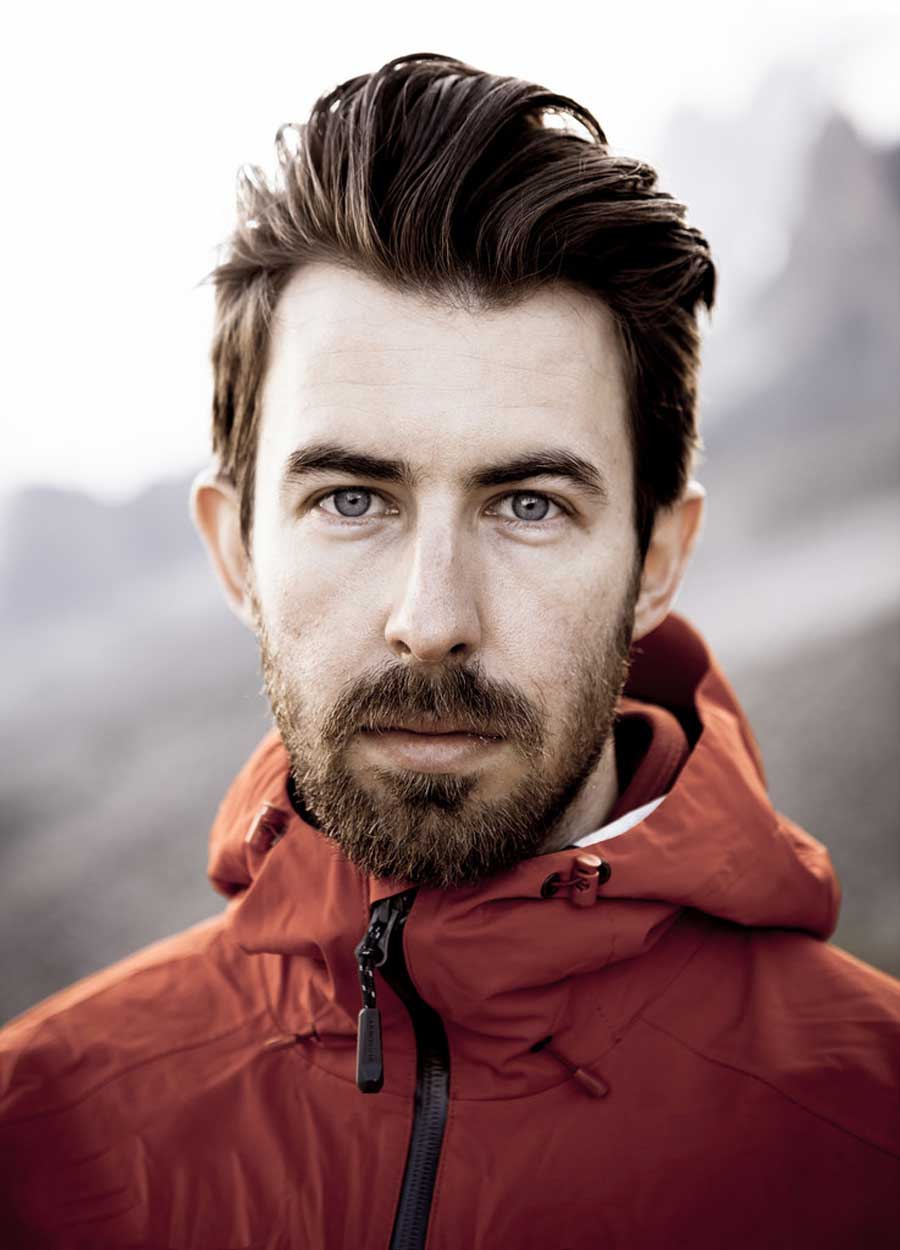
Huw James is a Welsh Scientist, Adventurer and Film Maker. He is a Fellow of the Royal Geographical and Royal Astronomical Societies and creates educational films and talks under his organisation Anturus.
Huw has been delivering live science shows for over 10 years. His audiences are over 750,000 people on 6 continents and over 2 million on TV and YouTube. His background in Astronomy and Geology has pushed him to explore the world on a variety of expeditions all for science.
His mission going forward is to inform a new generation of custodians for our natural world and everything that lives in it by tackling the big 3 problems of pollution, climate change and wildlife extinction.
Jaime Coello
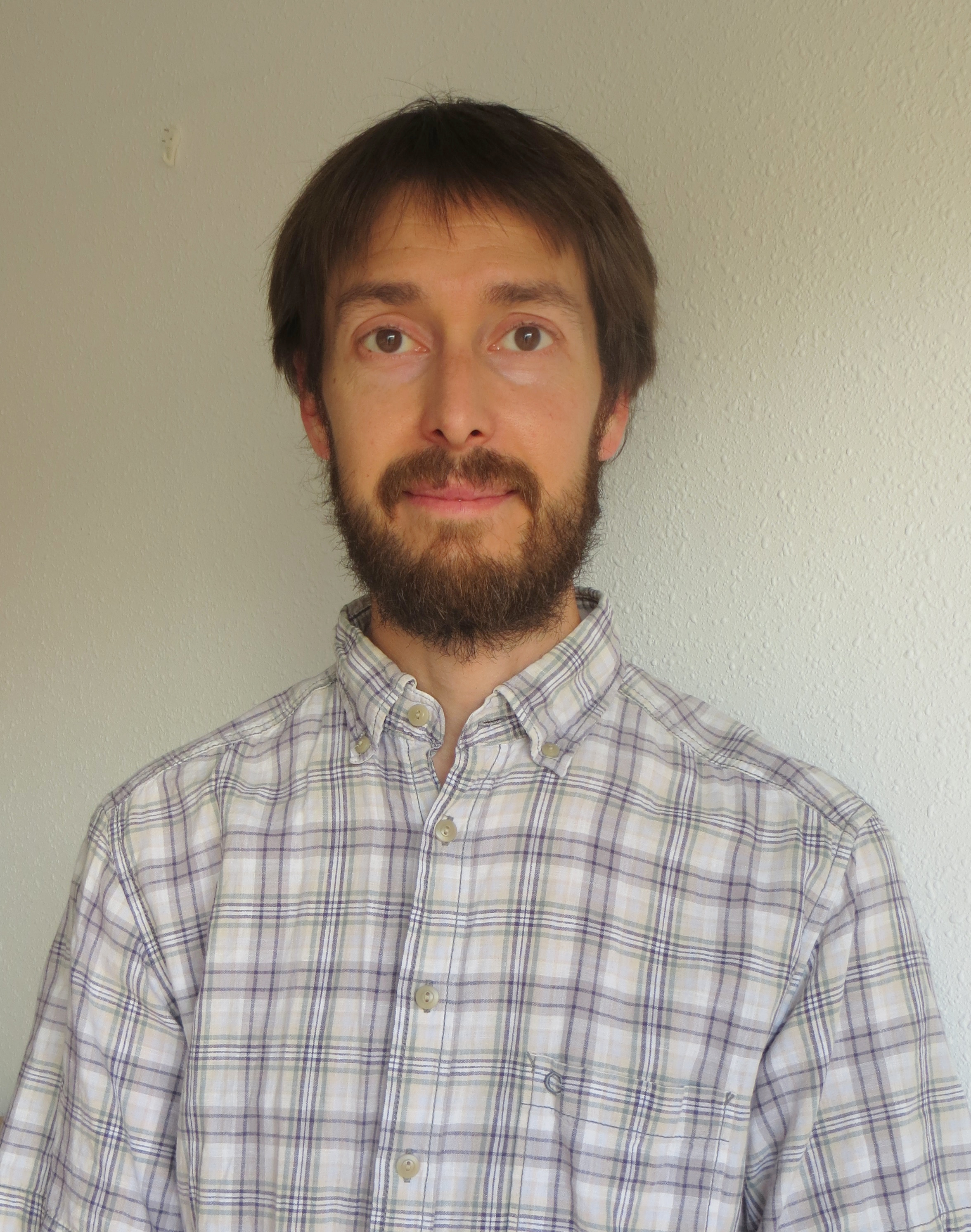
Jaime Coello has a MSc on European Forestry and PhD on Forest Engineering. After some research internships in Spain (Lleida University), USA (Iowa State University) and Hungary (FAO), he joined CTFC (Forest Science and Technology Centre of Catalonia) in 2006, where he conducts applied research on forest restoration, close-to-nature silviculture and agroforestry systems. He likes being with one foot on (applied) research and another one on transfer activities, as he likes being between forestry and agronomy or trying to find a balance between productive and conservation values of forests.
José María Rey Benayas
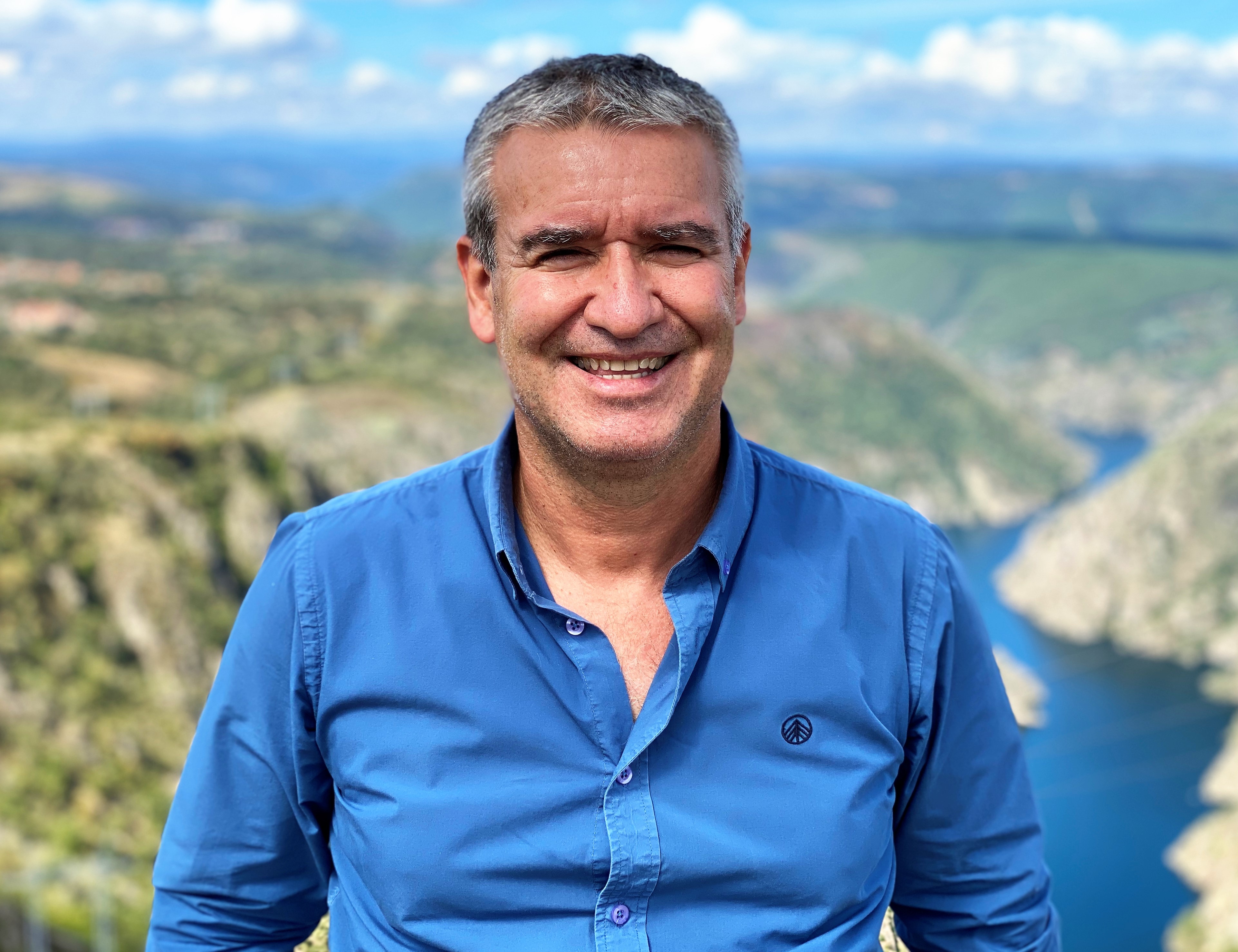
José María Rey Benayas is professor of Ecology at the University of Alcala. He completed his PhD at the Madrid Autonomus University in 1990; his thesis was awarded by the University. He post-doced at the Northern Illinois University and at GeoEcoArc Research in the US when he held a Fulbright Scholarship. He has been working for the University of Alcala since 1994. His research focuses on the restoration of biodiversity and ecosystem services in agricultural landscapes. He currently leads a Master's Program on Ecosystem Restoration. He founded with other colleagues from different countries in the world the International Foundation for Ecosystem Restoration intended to transfer academic knowledge to the society.
Josep Maria Espelta
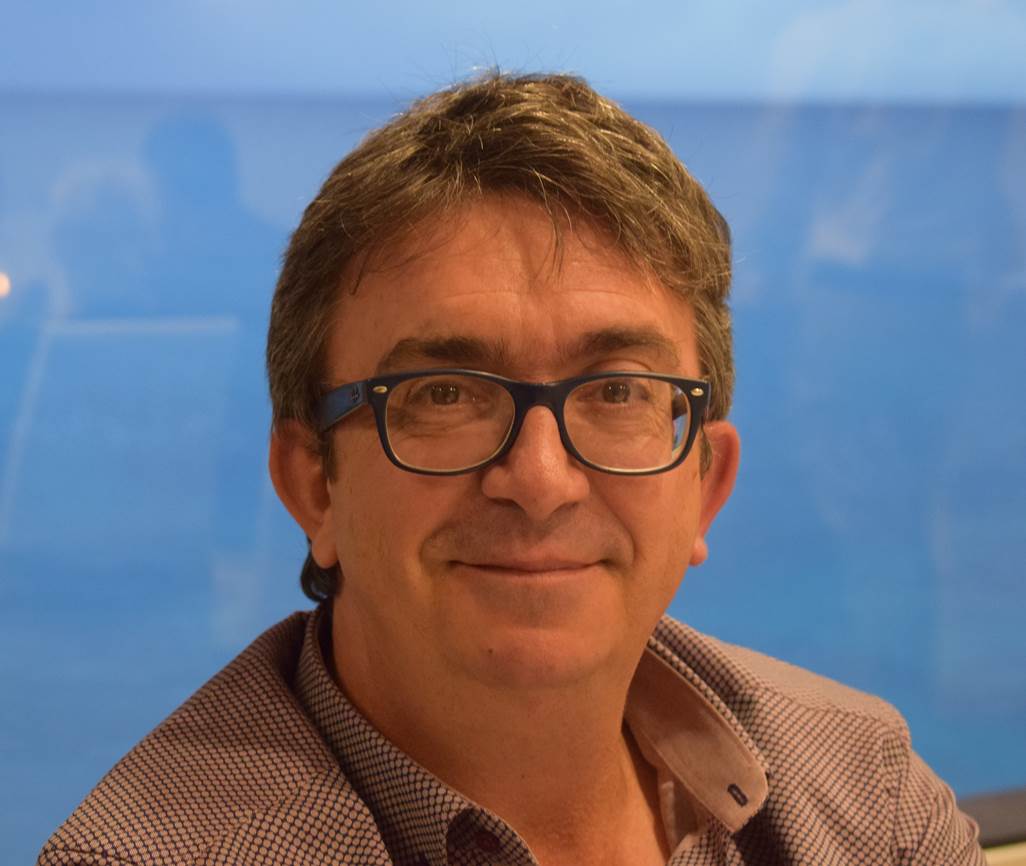
Josep Maria Espelta is a senior scientist at CREAF (Centre of Ecological Research and Forestry Applications, Spain). Trained as a forest ecologist, his initial research focused on the processes shaping forest regeneration across environmental gradients and disturbances such as wildfires and drought events. At present, he investigates the drivers, patterns and ecological effects of forest expansion after land abandonment under the threats of climate change. He has published more than 150 scientific articles and been involved in multiple national and EU projects. He currently leads the CREAF team in the RESONATE and wildE EU consortiums, aimed at enhancing the resilience of the forest value chain under climate change disturbances in Europe and the potential of rewilding for both biodiversity conservation and climate change mitigation. He has conducted most of his research in the Mediterranean Basin and Latin-American where he coordinated the IBERO-REDD + network of 17 countries for the monitoring of forest conservation and recovery in dry-tropical areas.
Laurent Alfonso
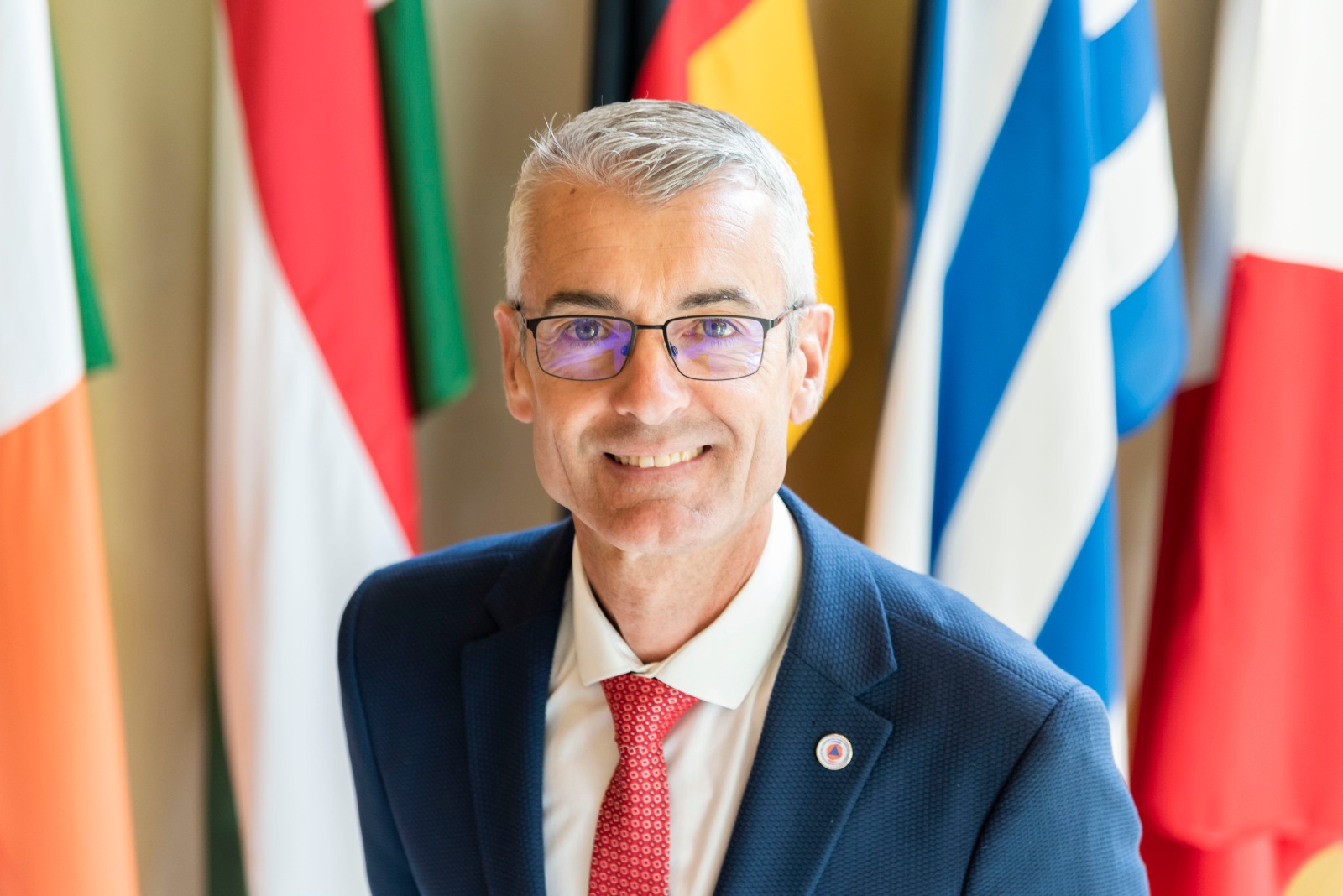
Laurent Alfonso has been a professional firefighter for 27 years, and has worked as chief of fire and rescue stations and head of the prevention department in the Gard department (southern France). On an operational level, he has commanded and participated in large-scale interventions such as floods and forest fires. He has developed skills in crisis management and coordination in numerous evaluation and training missions in South America, Europe and the Mediterranean basin.
Within the UCPM, he has followed the HLC (High Level Coordination course) training programme, and has been deployed twice to South America: in 2017 as a forest fire expert in Chile, and in 2019 in Bolivia as deputy and mission leader in the Amazon, also for forest fires. He also participated in FSX Exercises.
In terms of projects, he was coordinator for three years in the PPRD South III programme (2018-2021), and as such he collaborated in two peer reviews (Tunisia and Algeria), more recently to the peer review in Romania (Oct.2022) and Moldova (Apr.2023).
In the first semester of 2022 he participated in the conception and implementation of the events of the French presidency of the Council of the European Union, whose main theme was the adaptation of civil protection to climate change ; and chair in the Spanish presidency workshop on Governance (July 2023)
French representative at the DG ECHO-Disaster Prevention Expert Group (UDRGs), lecturer at Masters in emergency management and damage at University of Malaga (Spain) and Institute for Engineers and Applied Science (Ecole des Mines, Alès, France), and european projects in Protection of Cultural Heritage (ProCultHer), feasibility study for thematic Centres of Excellence (NEMAUSUS). He participates in many seminars at the European and international level as a speaker on crisis management (EU Civil Protection forum, Nicosia Risk Forum, Annual DRMKC seminar, OBA [American Firefighters Organization]), and writes technical or prospect articles (Crisis Response Journal, LIREC, EURACTIV, IEMED).
Mari Carmen Romera
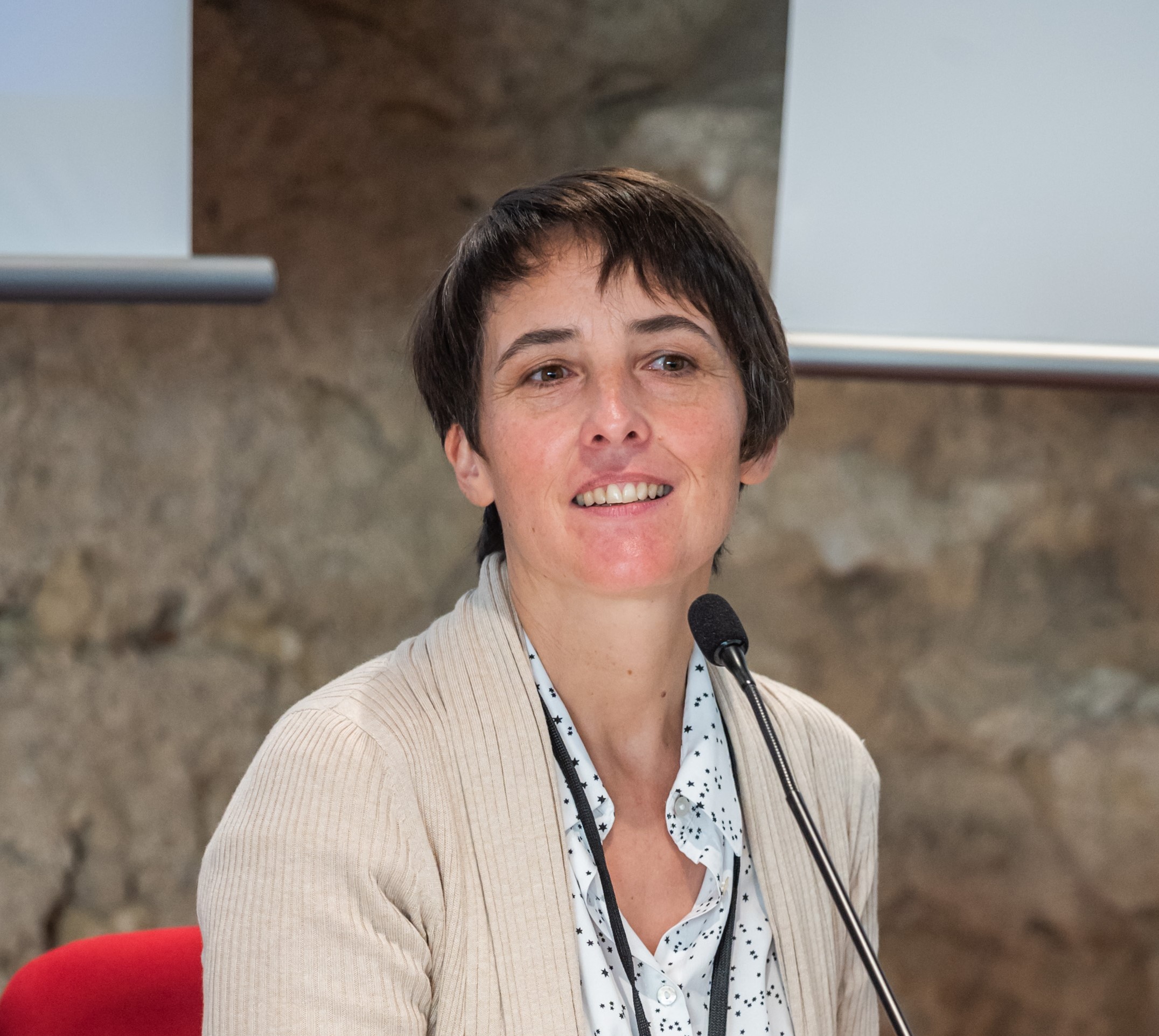
Mari Carmen Romera holds a PhD in Environmental Science and Technology at ICTA-UAB (PhD research on inclusive environmental governance in the Arganeraie Biosphere Reserve, Morocco). She holds a master's degree in Ecological Economics (UAB) and a postgraduate's degree in Climate Change (University of Salamanca). She has developed her expertise in the socioenvironmental governance research field: TEK, ILK, rural commons, community conserved areas, participatory and inclusive governance, natural protected areas, biosphere reserves and political ecology issues in the Mediterranean area. She is currently a postdoctoral researcher at the CTFC and the technical coordinator of the UNESCOMED Center (International Category II Centre for Mediterranean Biosphere Reserves) and the MedMaB Thematic Network.
Maria Contreras Coll

Maria Contreras Coll is a visual storyteller and documentary photographer based in Barcelona, Spain. She is a National Geographic Explorer, a Catalan Culture Prize awardee, and she collaborates with The New York Times. Contreras Coll tells people’s stories with an intimate and personal approach, combining long-term practice and research. She sees photography as a tool for transformation and is interested in highlighting how women are redefining social structures in different contexts and religions. She is a member of Women Photograph and Diversify Photo, and her work has been published in National Geographic Spain and Washington Post among others.
Marina Palmero-Iniesta
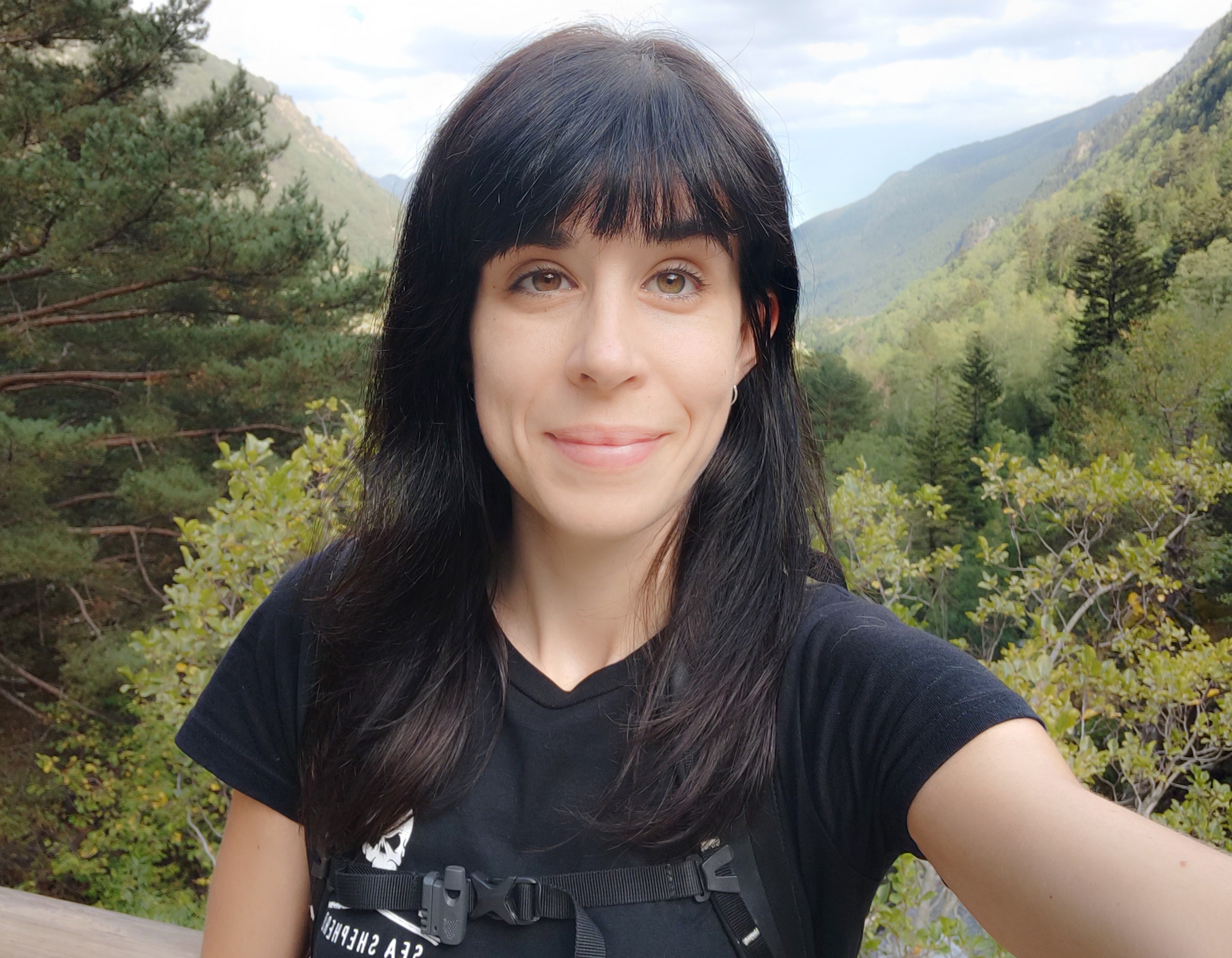
Marina Palmero Iniesta holds a Bachelor's degree in Environmental Biology from the Autonomous University of Barcelona (UAB) and a Master's degree in Wildland Fire Science and Integrative Management from the University of Lleida (UdL). She completed her Ph.D. in Terrestrial Ecology at the Centre for Ecological Research and Forestry Applications (CREAF) and currently serves as an Associate Professor and Postdoctoral Researcher in the Department of Environmental Sciences at the University of Girona (UdG). Her research activities are primarily focused on studying the mechanisms that determine the spatial and temporal dynamics of ecosystems at the landscape scale. She particularly investigates patterns of change resulting from environmental processes, such as land abandonment, climate change, or extreme wildfires. She is also interested in innovating the use of new technologies, such as remote sensing (satellites and drones), in the study and monitoring of structural and physiological parameters of ecosystems. Her goal is to enhance our understanding of ecosystem responses to environmental and landscape changes, providing valuable knowledge to support the conservation and adaptation of current ecosystems to future environmental conditions.
Mireia Pecurul Botines
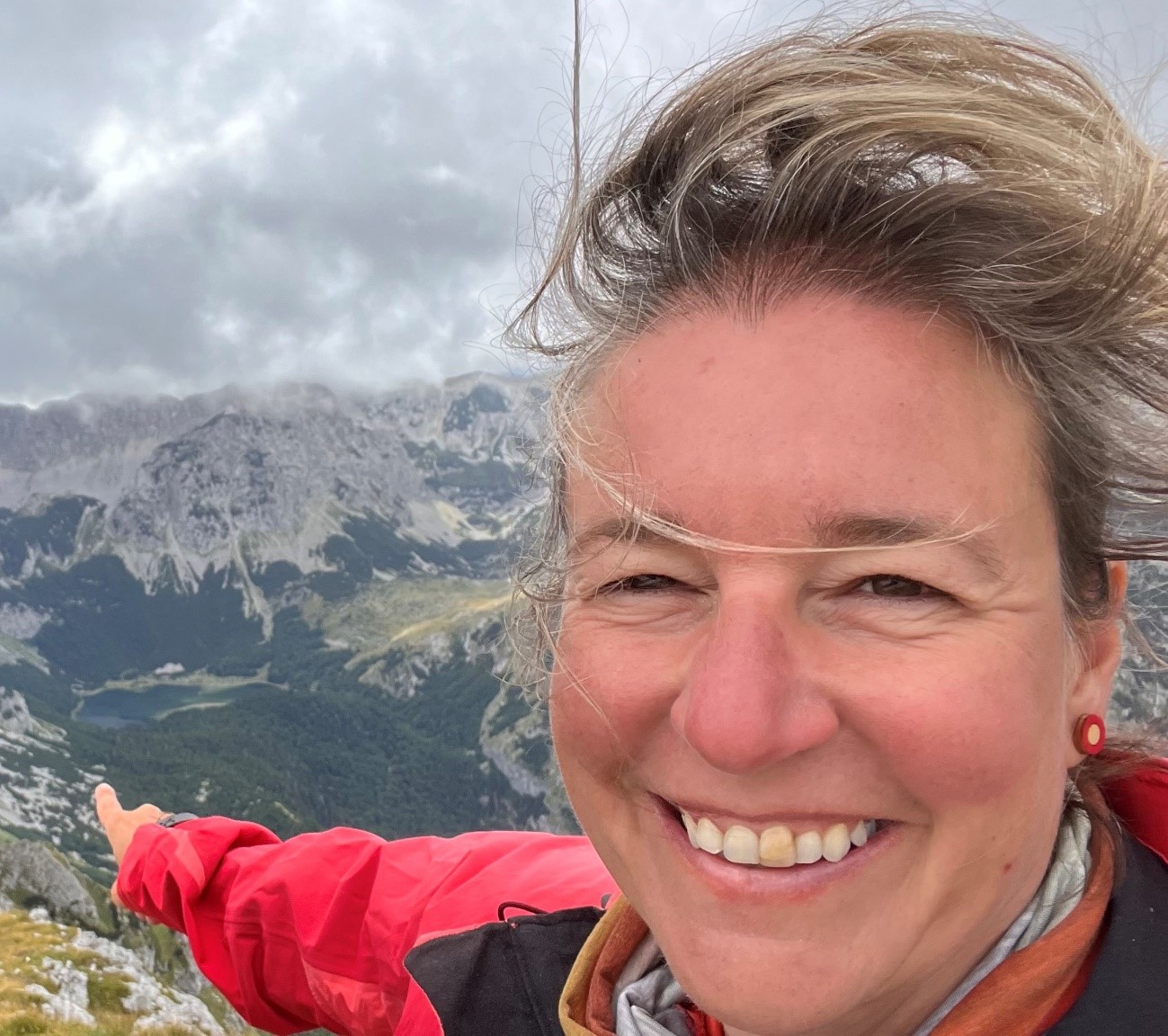
Mireia is currently co-leading the group of socio-economy and governance of rural systems. She holds a Ph.D. in Forest Governance from the University of Leeds (UK); an MSc. in European Forestry from the University of Joensuu (Finland); and an Engineering in Forestry from the University of Lleida (Spain). Mireia has over twenty years of experience working as a social scientist in forestry in Spain and the U.K. and she has participated in several European Projects.
Her research focuses on understanding the complex relationships between forestry and society. Currently, her activity focuses on three main topics:
1. Forest and forest-related policy analysis at different levels,
2. Multi-actor approaches and co-creation processes to foster innovation and integration of different types of knowledge.
3. Sustainability transitions for societal wellbeing
Recently, she coordinated a unique EFI science-policy study that assesses how national and regional policies meet the goals of the EU Forest Strategy.
Sònia Callau-Berenguer
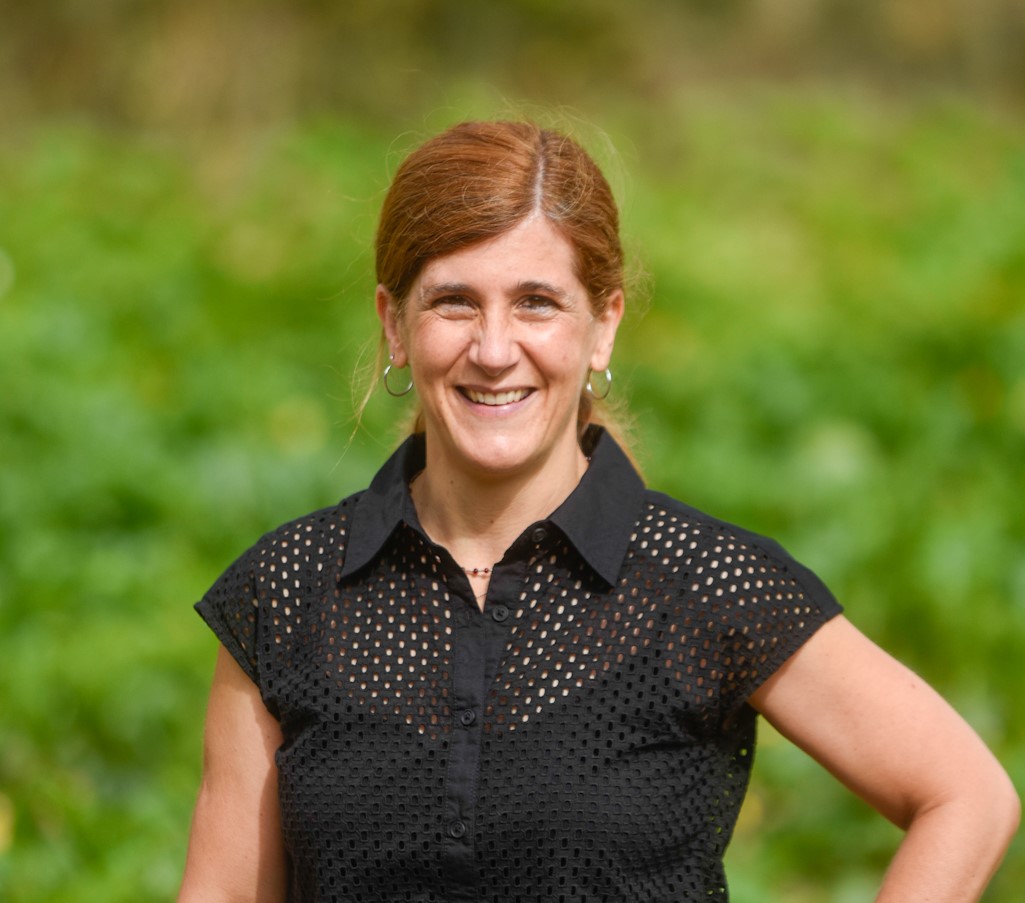
Sonia currently leads the Directorate for Agricultural Affairs at the Barcelona Provincial Council while also coordinating its BCN Smart Rural program. Previously, she managed economic promotion efforts at the Baix Llobregat Agricultural Park on the outskirts of Barcelona. Her educational background includes degrees in Forest Engineering and Agriculture Engineering, and she is presently pursuing a Master’s Degree in Urban Planning at the Higher Technical School of Architecture in Barcelona. During 2006-2007, she worked as a structural expert with the European Commission, specifically with the Directorate General of Agriculture. Sonia's expertise in peri-urban agriculture has been sought after by the Spanish Agency for International Cooperation (AECI). Additionally, she holds membership in the Catalan Society of Spatial Planning (SCOT).